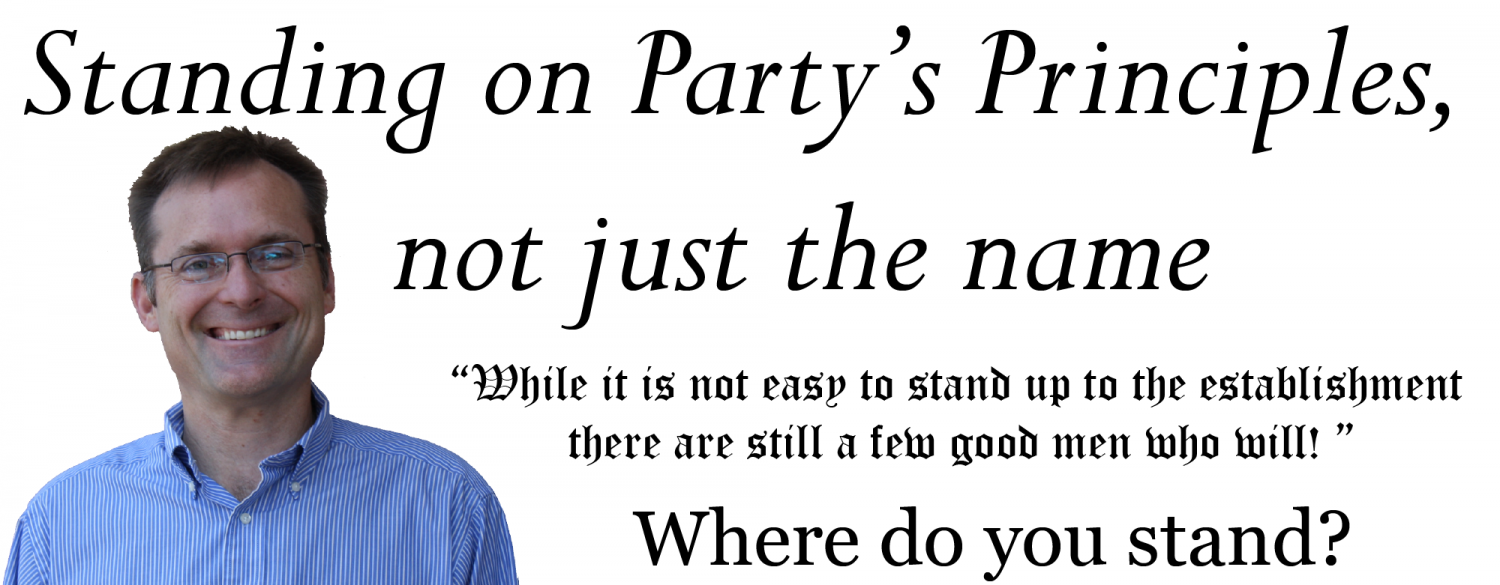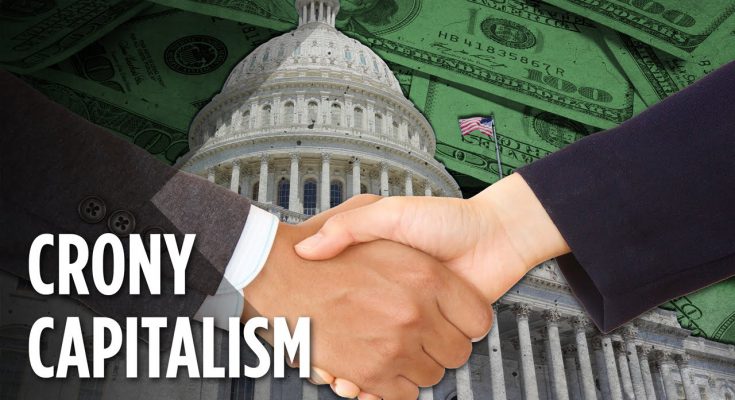Capitalism has become a loaded, almost toxic word these days. Like scripture, if you ask ten people their opinion what it is, you will usually not get the same reply.
Its name derives from the verb capitalize, which has several meanings: to take advantage of; make the most of; benefit from; exploit and more. In this era, it is a growing trend for people to prefer the more negative definition and assert the notion that capitalism is evil.
But as a matter of economics, the issue is even more greatly confused. Capitalism is freedom and opportunity. If you work and earn money, that is capitalism. If you spend that money on living essentials and luxuries, that is capitalism. If you run a business and invest your capital where you see fit, that is capitalism. If someone else does these same things in competition with you, that is capitalism.
The power is ultimately yours, as is the risk of failure. That is the beauty of it.
For many today the opinion of capitalism is a misnomer. They attribute capitalism to a negative stereotype of greedy exploitative businesses that cheat the poor out of the scant amount of wealth they have and buy permission from the state to do it. This certainly exists, though it is not capitalism by any stretch of fact or argument. This is called crony capitalism.
Under crony capitalism industries thrive through validation of the state rather than the consumer, which is expressed through subsidies, exclusive tax deductions, and other methods of discrimination. Connections between those who operate the business and the statesmen who enable them to monopolize can be formed through any means, and in a cooperative symbiosis, the statesman uses his influence to help the business thrive, and the business finances the statesman and otherwise helps push their agenda.
True capitalism takes place on a playing field without state intervention or favoritism, and ideally under a tax code where everyone has low taxes and thus more capital to invest in growth. Minimal regulations also provide ample opportunity for new innovations. The presence of competition and consumer interest forces the market to regulate itself and brings development naturally.
Proponents of capitalism strike the word entirely and refer to it simply as cronyism. While critics of capitalism argue that cronyism is the inevitable end of capitalism, which deserves to collapse in favor of socialism.
By definition, socialism is the democratic control of the means of production, with state-directed planning and distribution. Many examples of socialism include third world dictatorships such as Venezuela, North Korea or Cambodia. However, proponents of socialism are quick to dismiss cases like these by what Marx described as state capitalism, where the state has full advantage.
The differences are in name only. Socialism requires the state to have full advantage ostensibly to enact the will of the people, though it never goes that way and will inevitably lead to ruin. It has done so in every nation that has tried it, because the money runs out or the state can’t balance supply with demand for services. When stability is threatened, more power is ceded to the state in order to fix the problem, and as the saying goes: “power corrupts, absolute power corrupts absolutely.”
Justification offered by socialists is that capitalism has failed to provide the needs of the people, but the goal of capitalism was never to provide for anyone. Capitalism means that you are able to provide for yourself and find your fortune. Capitalism rewards effort and innovation.
It might be sad that some people do with less, and critics argue it isn’t fair, but working hard only for your earnings to be garnished then redistributed to those who did not put in the same effort is not fair either, no matter how you paint it. And income inequality is worst in areas where the critics of capitalism are in power, ironically enough.
Differences between capitalism and cronyism are many, but unknown to an even greater number of people. Capitalism is what it is. It gives us power to do great things, if we have the will. No authority says you have to like it, and conversely it gives you the freedom to disagree, which is something to consider.
Guest writer ~Ryan M. Farmer (Rising Sun)
About the Author:
Raised by his grandparents, Ryan Farmer grew up in the Rising Sun area. When not at work as an assistant produce manager, he works on his novel and purveys local establishments. His passion is writing, and he enjoys video games and political commentary




